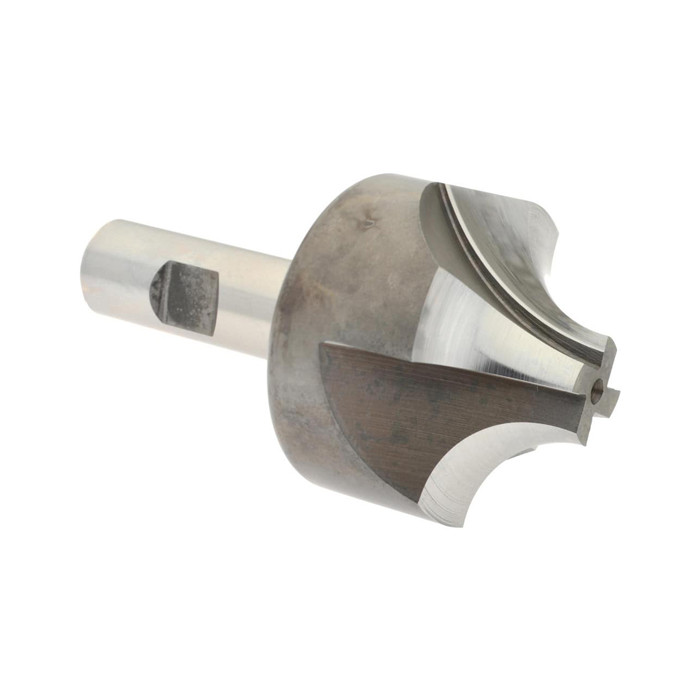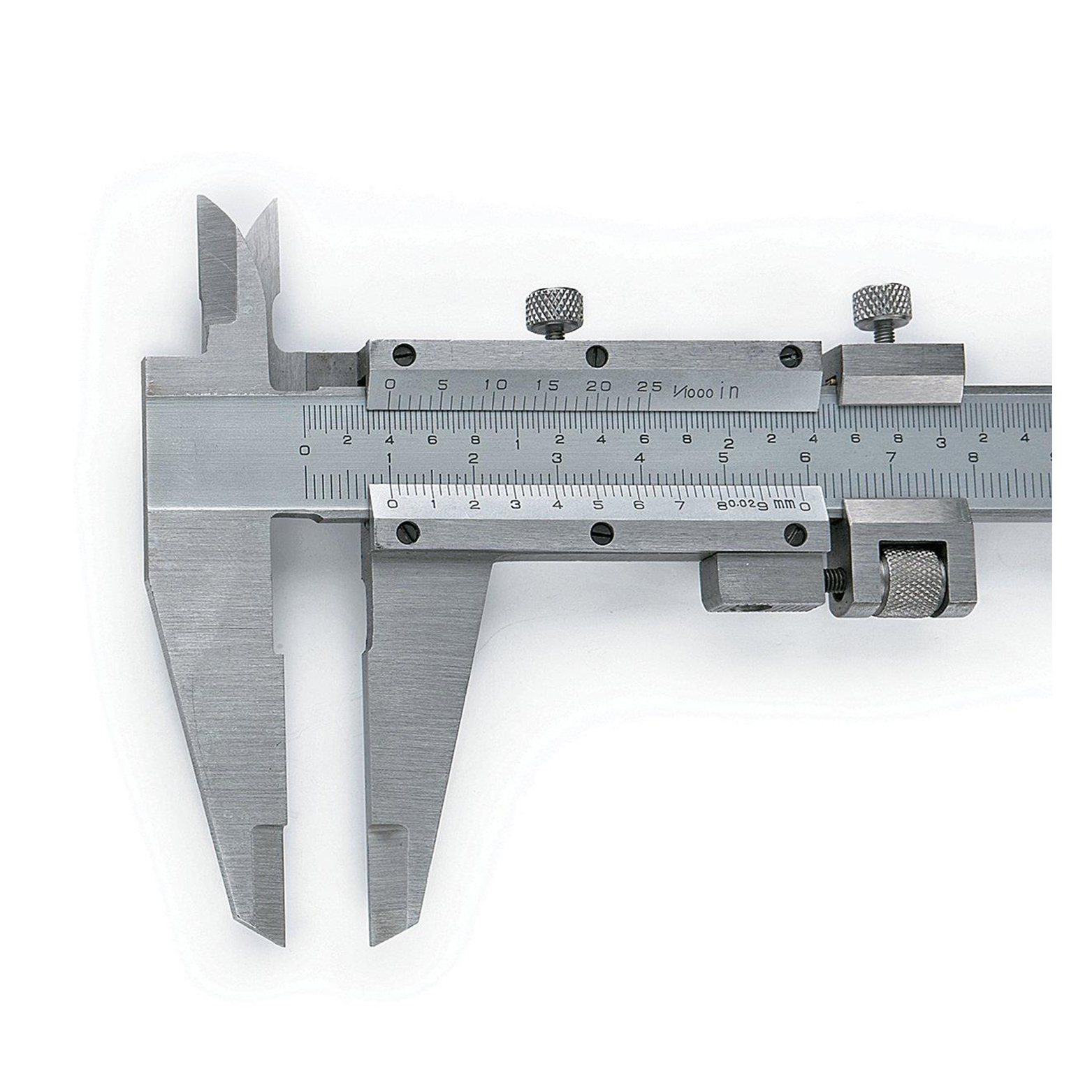Thread Plug Gauge Factory
A thread plug gauge factory specializes in manufacturing precision instruments used to inspect the internal threads of manufactured parts. These gauges ensure accuracy and compliance with industry standards, guaranteeing proper fit and function in various applications, ranging from automotive to aerospace.
Understanding Thread Plug Gauges
A thread plug gauge, also known as a GO/NO-GO gauge, is a tool used to check the accuracy of internal threads. It's a critical component in quality control, ensuring that manufactured parts meet specific dimensional requirements for proper assembly and functionality. Using properly calibrated thread plug gauges from a reputable thread plug gauge factory is essential for maintaining consistent product quality.
Types of Thread Plug Gauges
Thread plug gauges come in various types, each designed for specific thread standards and applications. Here are some common types:
- GO/NO-GO Gauges: These gauges have two ends: a 'GO' end that should screw freely into the threaded hole, and a 'NO-GO' end that should not enter more than a specified amount.
- Unified Thread Gauges: Used for Unified National threads (UN, UNF, UNC, UNEF).
- Metric Thread Gauges: Used for metric threads (M, MJ).
- ACME Thread Gauges: Used for ACME threads, commonly found in lead screws and power transmission applications.
- Buttress Thread Gauges: Used for Buttress threads, designed to handle high axial loads in one direction.
- Tapered Thread Gauges: Used for tapered pipe threads (NPT, NPTF).
How to Use a Thread Plug Gauge
Using a thread plug gauge is a straightforward process:
- Clean the Thread: Ensure the internal thread is clean and free of debris.
- GO Gauge Test: Attempt to screw the 'GO' end of the gauge into the thread. It should screw in smoothly with minimal resistance.
- NO-GO Gauge Test: Attempt to screw the 'NO-GO' end of the gauge into the thread. It should not enter more than the specified tolerance (usually two turns).
- Interpretation: If the 'GO' gauge passes and the 'NO-GO' gauge fails, the thread is within tolerance. If both pass or both fail, the thread is either too large or too small, respectively.
Choosing the Right Thread Plug Gauge Factory
Selecting a reliable thread plug gauge factory is crucial for ensuring the accuracy and quality of your gauging instruments. Consider the following factors:
- Accreditation and Certifications: Look for factories with ISO 9001 certification, indicating a commitment to quality management systems.
- Material Quality: The gauge material should be high-quality tool steel, hardened and ground to precise dimensions. This ensures durability and accuracy over time.
- Calibration Services: Does the thread plug gauge factory offer calibration services? Regular calibration is essential for maintaining accuracy.
- Customization Options: Can the factory manufacture gauges to your specific requirements, including non-standard thread sizes or special features?
- Experience and Reputation: How long has the factory been in business? What is their reputation in the industry? Check for customer testimonials and reviews.
- Pricing and Lead Times: Compare pricing and lead times from different factories to find the best value for your needs.
Key Considerations for Thread Plug Gauge Design and Manufacturing
A reputable thread plug gauge factory pays close attention to several critical aspects of design and manufacturing:
- Material Selection: High-carbon chromium steel is typically preferred for its hardness, wear resistance, and dimensional stability.
- Heat Treatment: Proper heat treatment is essential to achieve the required hardness and prevent distortion during use.
- Precision Grinding: Accurate grinding is crucial for achieving the specified thread form, pitch diameter, and lead.
- Surface Finish: A smooth surface finish reduces friction and wear, improving the gauge's lifespan and accuracy.
- Inspection and Testing: Rigorous inspection and testing are conducted throughout the manufacturing process to ensure that the gauges meet all dimensional and performance requirements.
Finding a Reliable Thread Plug Gauge Factory
Finding a reputable thread plug gauge factory requires careful research. Consider the following steps:
- Online Search: Use search engines like Google to find thread plug gauge factories. Use specific keywords like 'thread plug gauge factory China', 'metric thread plug gauge manufacturer', or 'custom thread plug gauges'.
- Industry Directories: Consult industry directories and trade associations for listings of gauge manufacturers.
- Trade Shows: Attend trade shows related to manufacturing and quality control. These events provide opportunities to meet with potential suppliers and see their products firsthand.
- Request Quotes and Samples: Contact several factories and request quotes and samples. This allows you to compare pricing, quality, and lead times.
- Visit the Factory: If possible, visit the factory to assess their facilities, equipment, and quality control processes.
Thread Plug Gauge Standards
Thread plug gauges must adhere to established industry standards to ensure interchangeability and accuracy. Common standards include:
- ANSI/ASME: American National Standards Institute/American Society of Mechanical Engineers.
- ISO: International Organization for Standardization.
- DIN: Deutsches Institut für Normung (German Institute for Standardization).
- JIS: Japanese Industrial Standards.
A reputable thread plug gauge factory will manufacture gauges to these standards, providing certificates of conformance to verify compliance.
Thread Plug Gauge Maintenance and Calibration
Proper maintenance and calibration are essential for maintaining the accuracy and extending the lifespan of thread plug gauges. Here are some key recommendations:
- Cleaning: Clean the gauges regularly with a soft cloth and a mild solvent to remove dirt and debris.
- Storage: Store the gauges in a dry, protected environment to prevent corrosion and damage.
- Handling: Handle the gauges carefully to avoid dropping or impacting them, which can cause damage and affect their accuracy.
- Calibration: Calibrate the gauges periodically (typically every 6-12 months) to ensure they meet the required accuracy standards. Use a certified calibration laboratory for this purpose.
Wayleading Tools: Your Partner in Precision Gauges
At Wayleading Tools, we understand the importance of precision in manufacturing. As a leading thread plug gauge factory, we are committed to providing high-quality, accurate, and reliable gauges to meet your specific needs. Our extensive product line, coupled with our expertise and dedication to customer satisfaction, makes us the ideal partner for all your gauging requirements.
Common Issues and Solutions When Using Thread Plug Gauges
Even with proper usage, issues can arise. Here are some common problems and how to address them:
- Gauge Binding: If the GO gauge binds, it could indicate burrs or damage in the internal thread. Clean the thread and inspect for damage.
- False Readings: Ensure the gauge is properly cleaned and calibrated. Also, verify that you are using the correct gauge for the thread type and size.
- Premature Wear: Excessive use or improper handling can cause premature wear. Implement proper maintenance and handling procedures.
Cost Considerations for Thread Plug Gauges
The cost of thread plug gauges can vary depending on several factors:
- Material: High-quality tool steel gauges are generally more expensive than those made from lower-grade materials.
- Precision: Higher precision gauges with tighter tolerances will typically cost more.
- Customization: Custom gauges or those with special features will likely have a higher price tag.
- Quantity: Larger orders may qualify for volume discounts.
Consider your specific requirements and budget when selecting thread plug gauges. Investing in high-quality gauges from a reputable thread plug gauge factory can save you money in the long run by reducing scrap and rework.
Example of Thread Plug Gauge Usage in Automotive Industry
In the automotive industry, thread plug gauges are essential for ensuring the proper assembly of critical components, such as engine parts, brake systems, and suspension systems. For instance, when manufacturing cylinder heads, thread plug gauges are used to verify the accuracy of the threaded holes for spark plugs, ensuring a tight and reliable seal. Failing to properly gauge these threads can lead to engine misfires and performance issues. Therefore, automotive manufacturers rely on high-quality thread plug gauges from trusted thread plug gauge factories to maintain the required quality standards.
Data Comparison of Thread Plug Gauge Materials
| Material | Hardness (HRC) | Wear Resistance | Applications |
|---|---|---|---|
| High-Carbon Chromium Steel | 58-62 | Excellent | Most Thread Plug Gauges |
| Oil-Hardening Tool Steel | 55-60 | Good | General Purpose Gauges |
| Carbide | 70-80 | Superior | High-Wear Applications |
Source: Material hardness and wear resistance data are typical values. Specific properties may vary depending on the exact alloy composition and heat treatment process. Data based on internal testing and industry standards.
Related products
Related products
Best selling products
Best selling products-
 Digital Indicator – Precision Type, Inch/Metric, Industrial Grade
Digital Indicator – Precision Type, Inch/Metric, Industrial Grade -
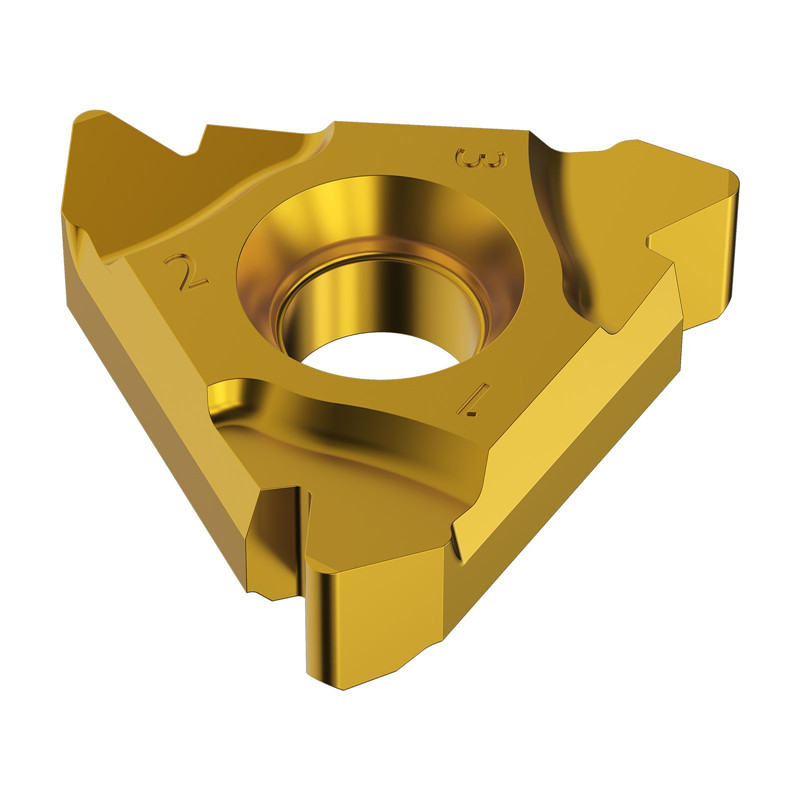 Partial profile 60° Threading Insert With ER & IR Type
Partial profile 60° Threading Insert With ER & IR Type -
 HSS Metric Taper Shank Twist Drills for High-Precision Metal Cutting
HSS Metric Taper Shank Twist Drills for High-Precision Metal Cutting -
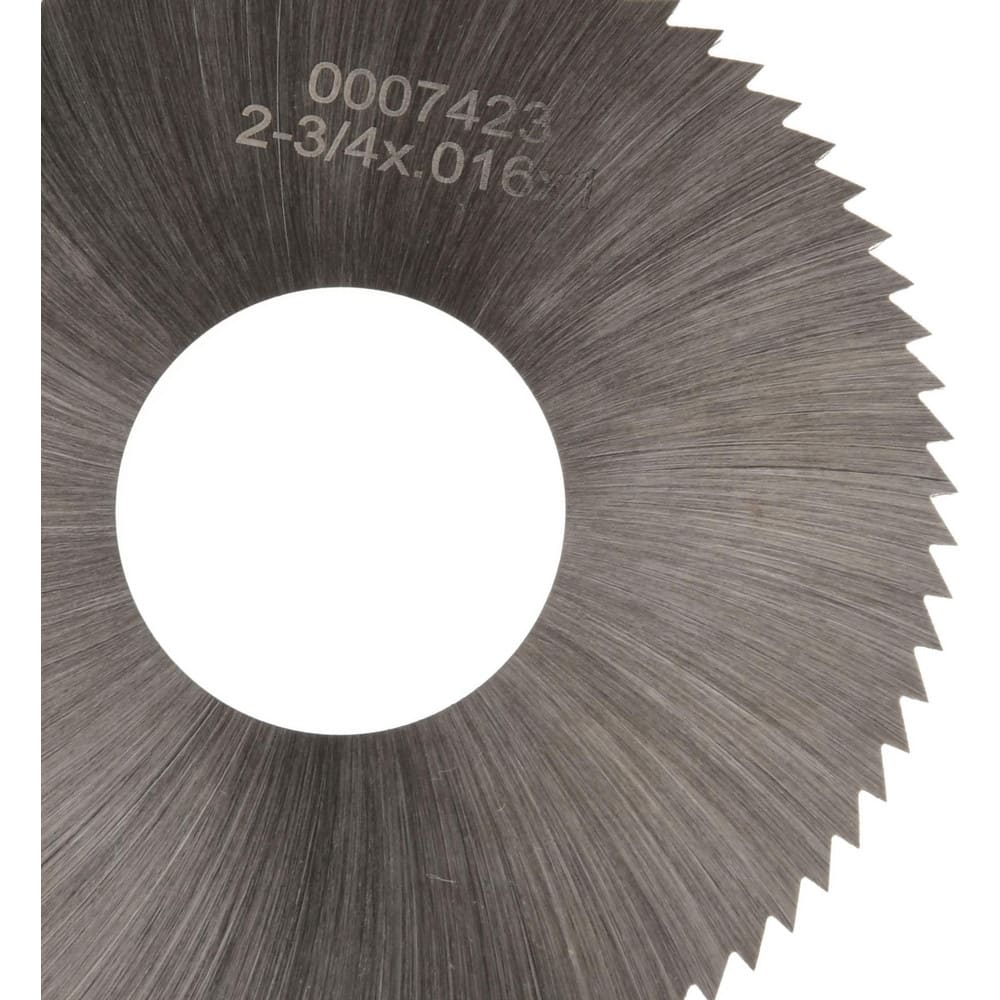 HSS Inch Plain Metal Slitting Saws For Industrial
HSS Inch Plain Metal Slitting Saws For Industrial -
 Precision Vernier Caliper With Nib Style Jaws Of Metric & Imperial For Industrial
Precision Vernier Caliper With Nib Style Jaws Of Metric & Imperial For Industrial -
 Precision Micrometr Holder For Micrometer
Precision Micrometr Holder For Micrometer -
 Precision Dial Caliper Of Double Shock-Proof For Industrial
Precision Dial Caliper Of Double Shock-Proof For Industrial -
 DIN333A HSS Center Drills With Milled & Fully Ground Flute
DIN333A HSS Center Drills With Milled & Fully Ground Flute -
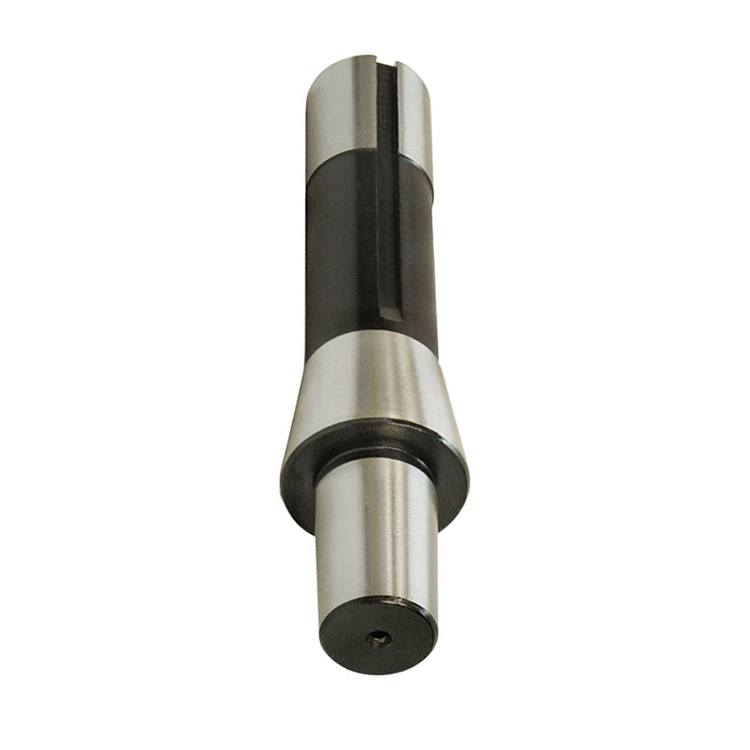 R8 Drill Chuck Arbor For Milling Machine
R8 Drill Chuck Arbor For Milling Machine -
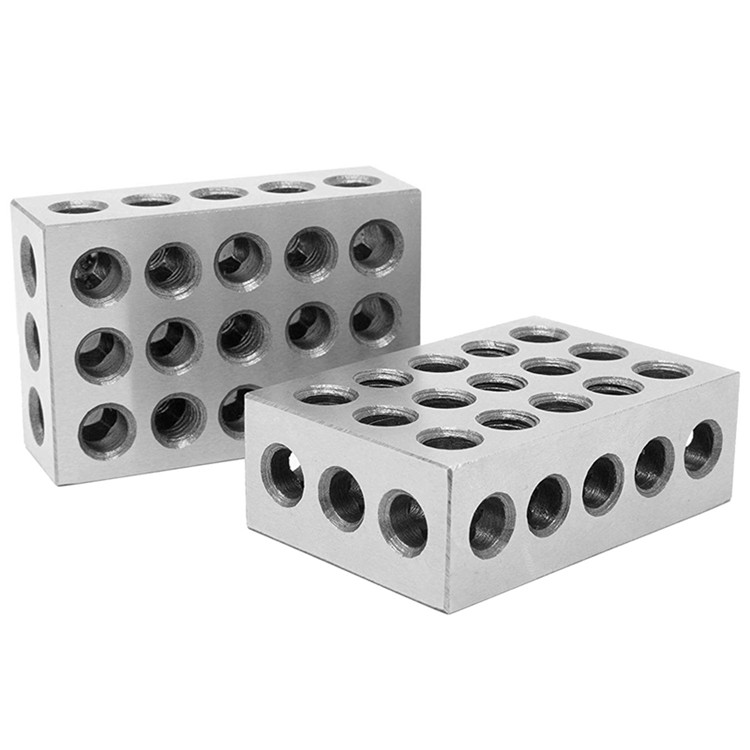 Precision 1-2-3, 2-3-4 or 2-4-6 Block With 1 And 11 And 23 Or None Hole
Precision 1-2-3, 2-3-4 or 2-4-6 Block With 1 And 11 And 23 Or None Hole -
 Type G Arc Pointed Tree Tungsten Carbide Rotary Burr
Type G Arc Pointed Tree Tungsten Carbide Rotary Burr -
 Type C Cylinder Ball Nose Tungsten Carbide Rotary Burr
Type C Cylinder Ball Nose Tungsten Carbide Rotary Burr



